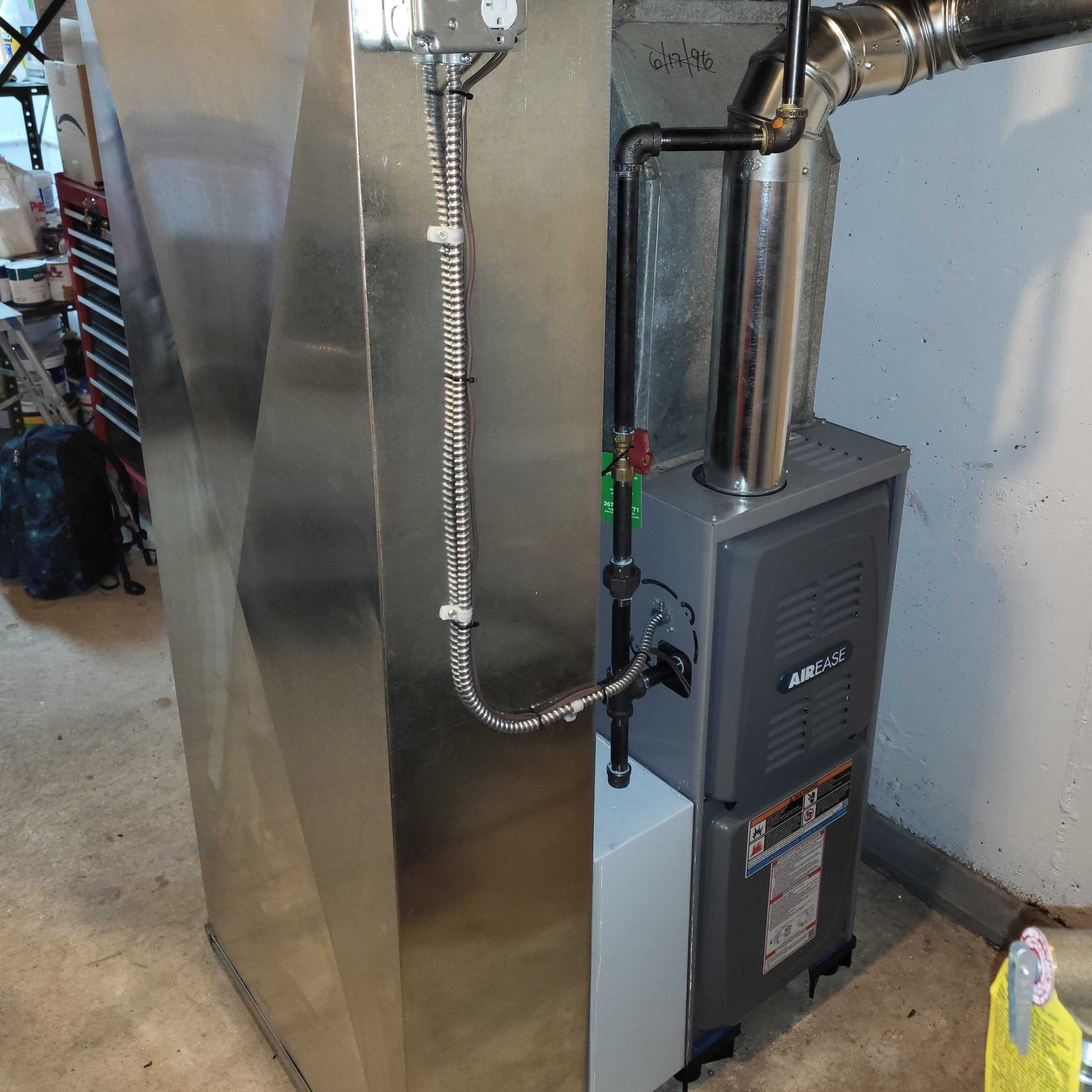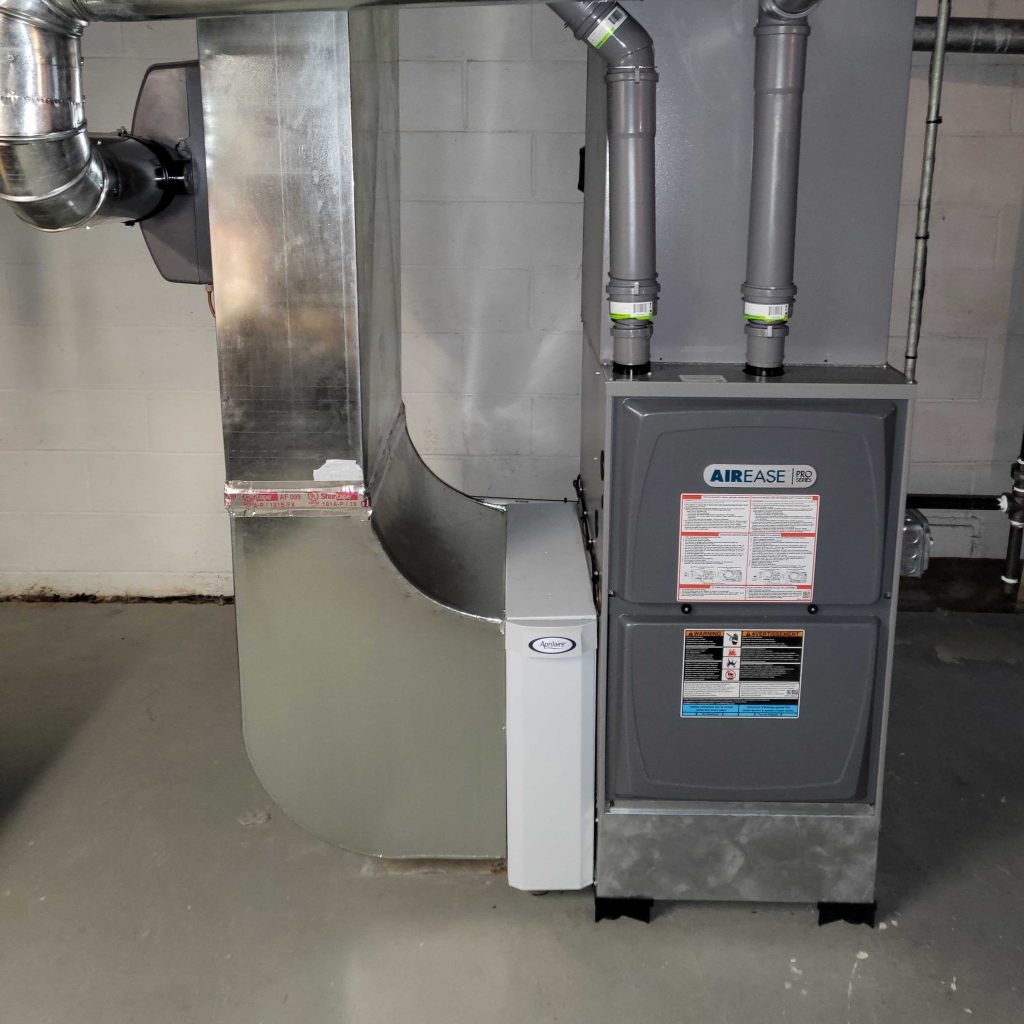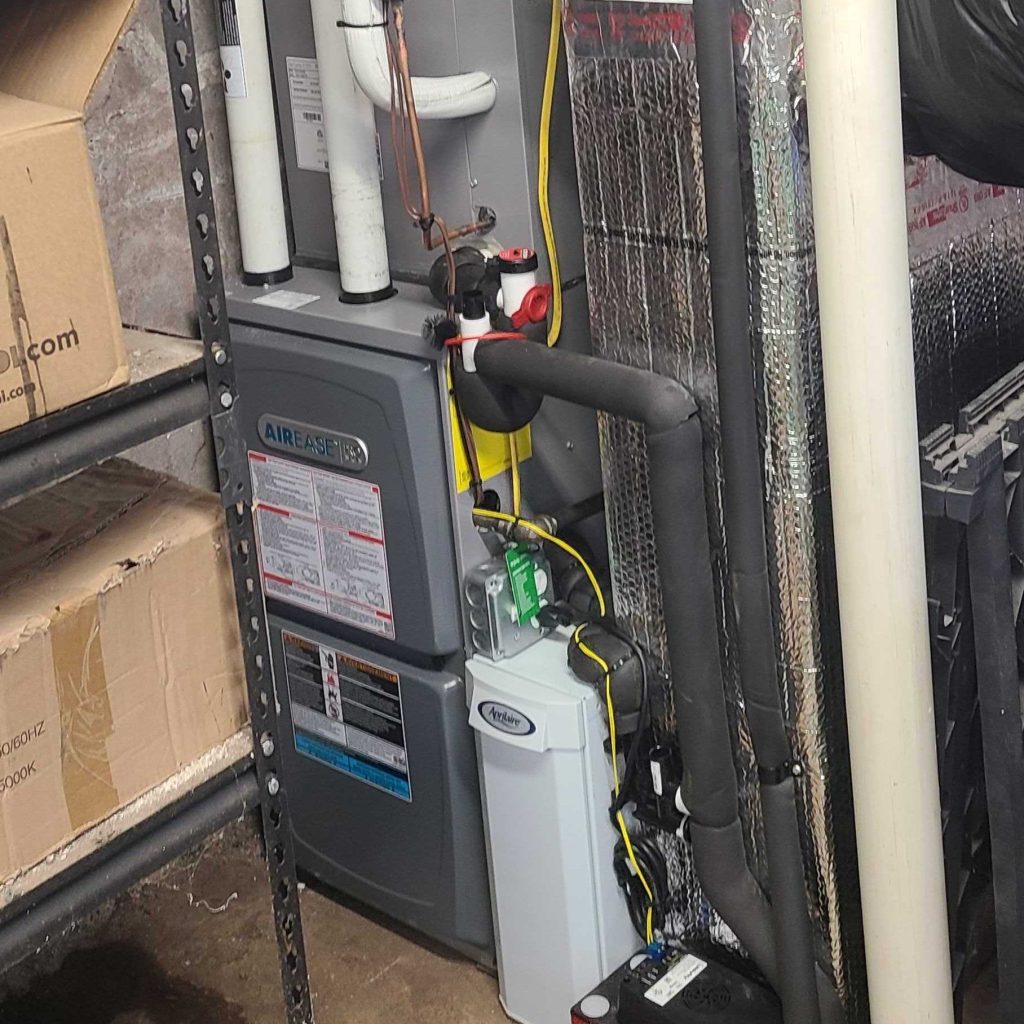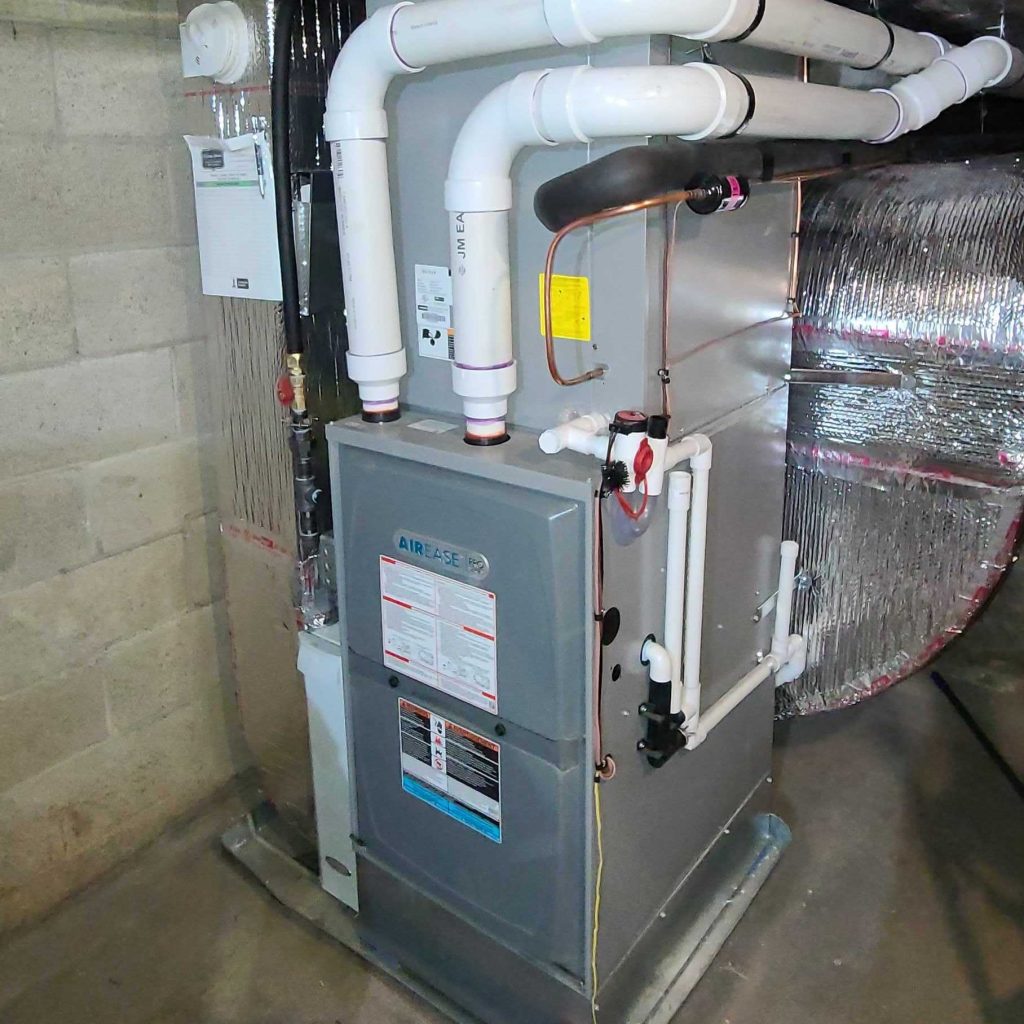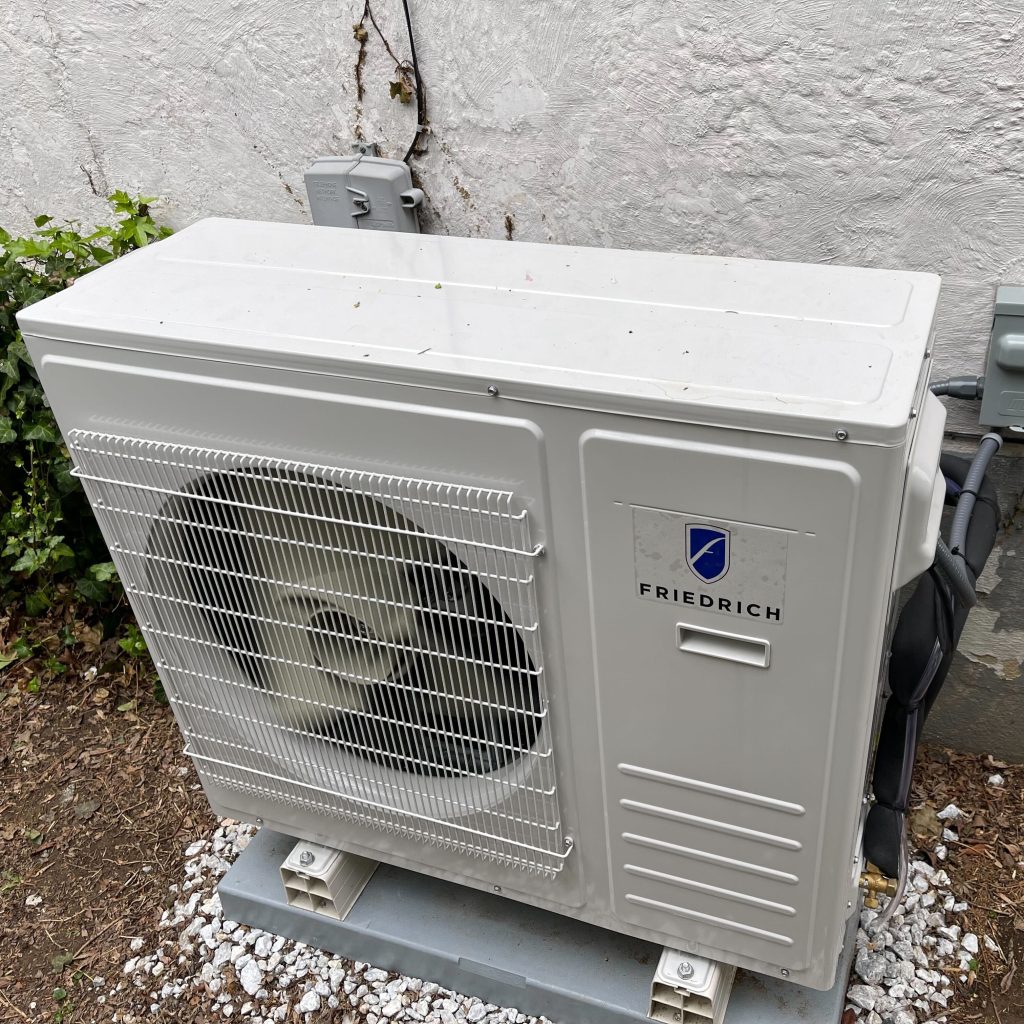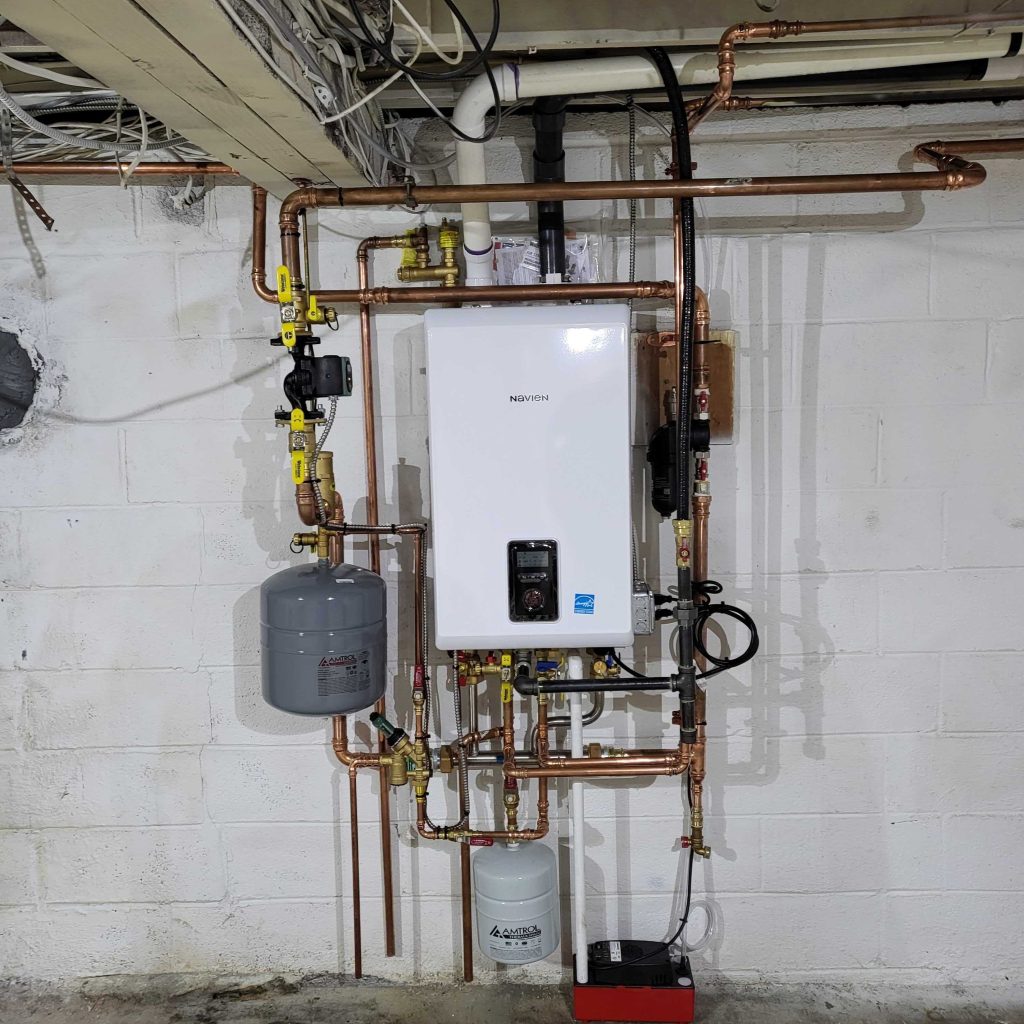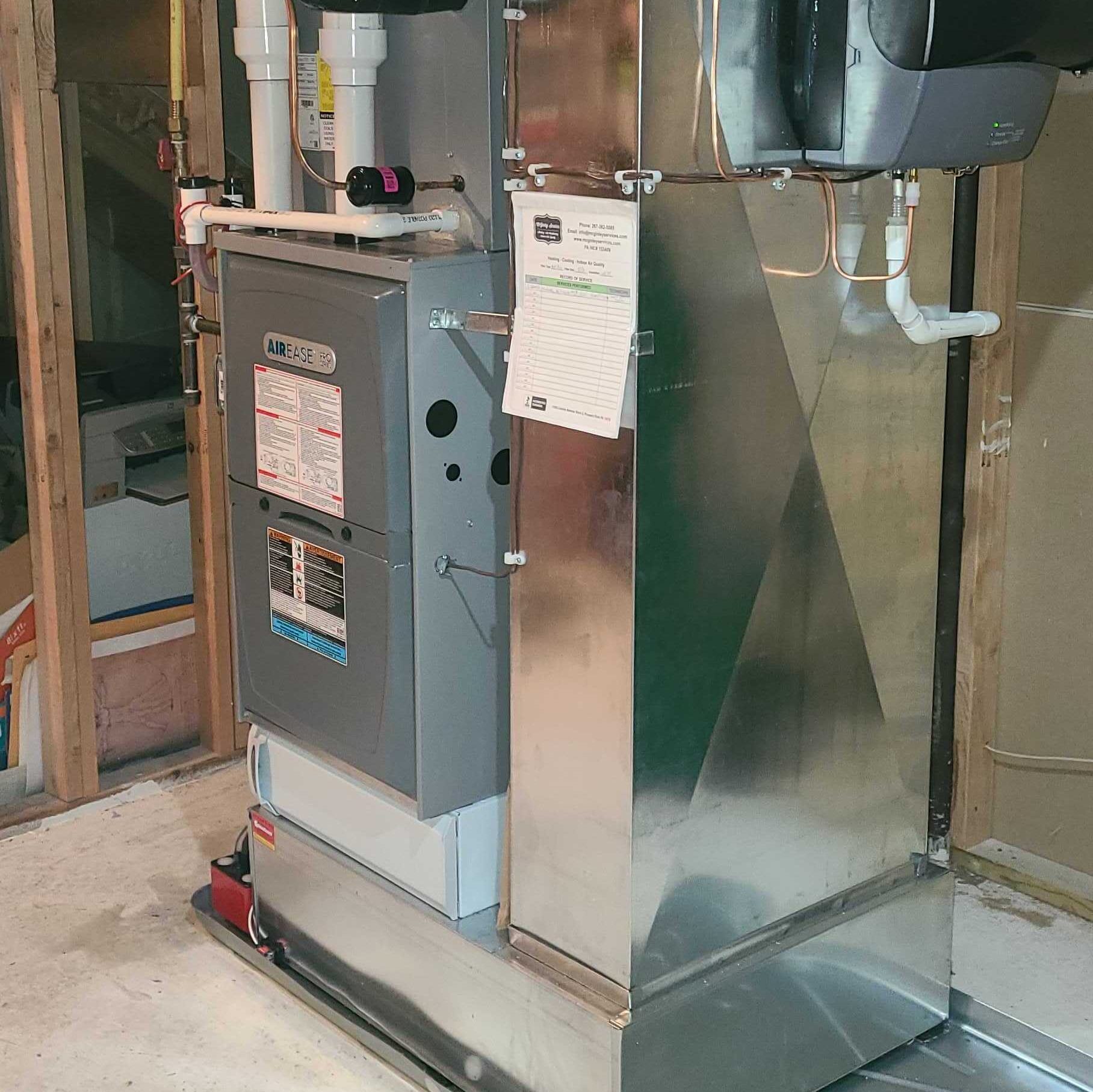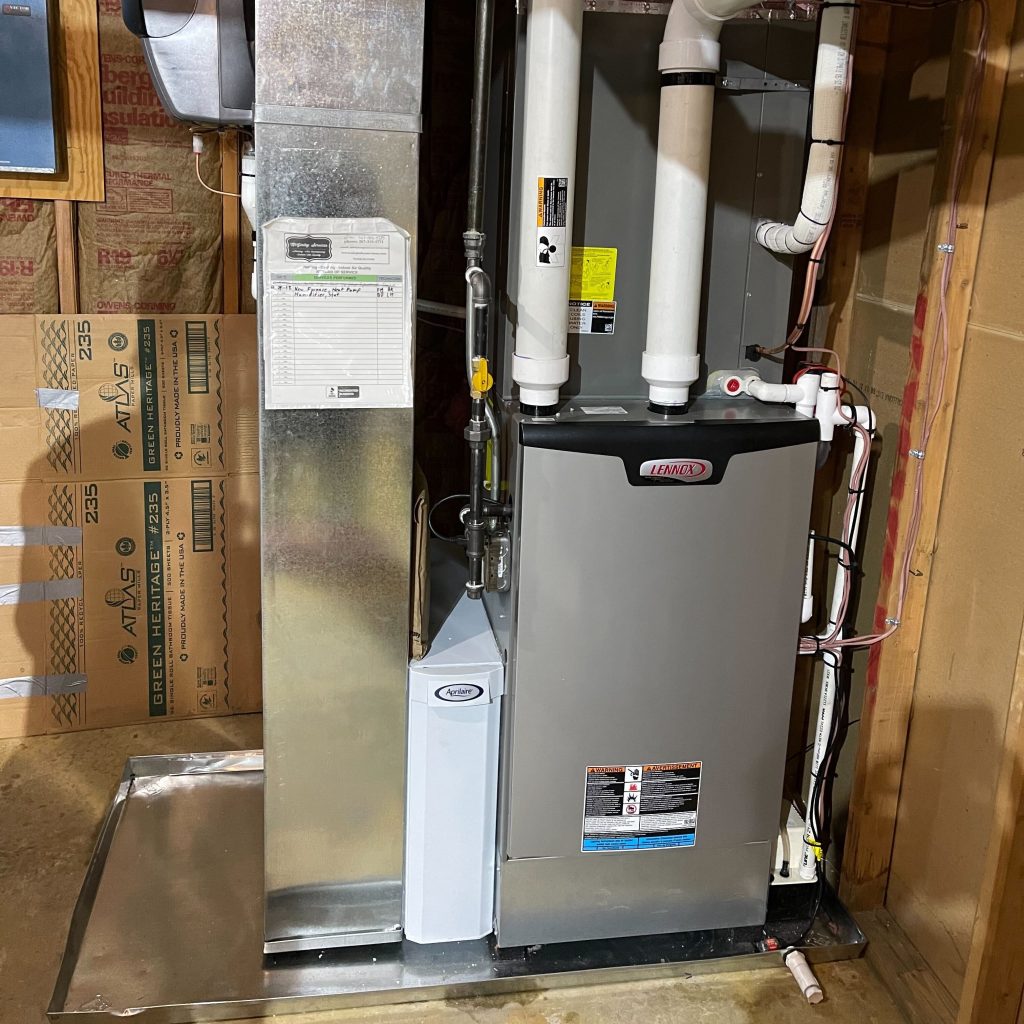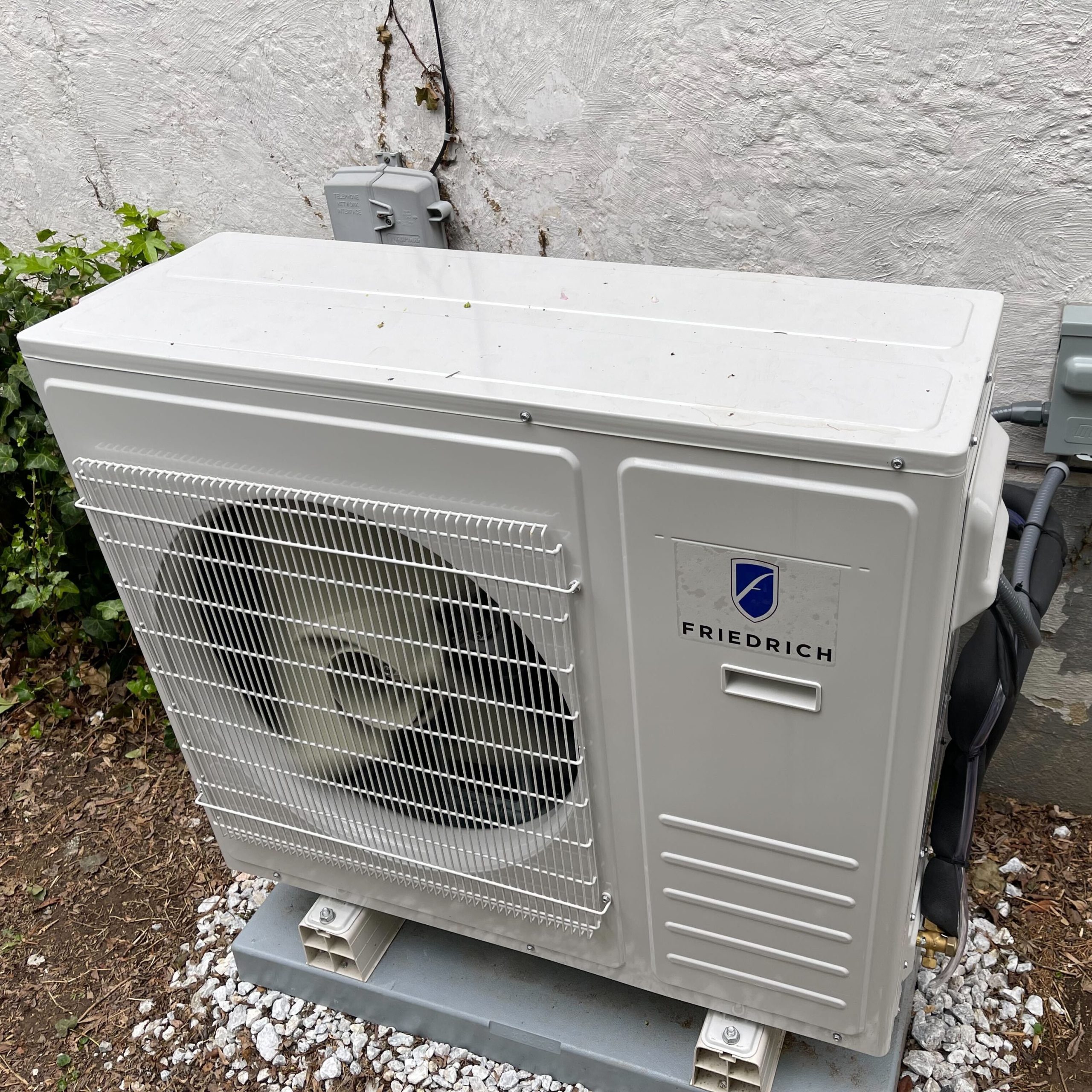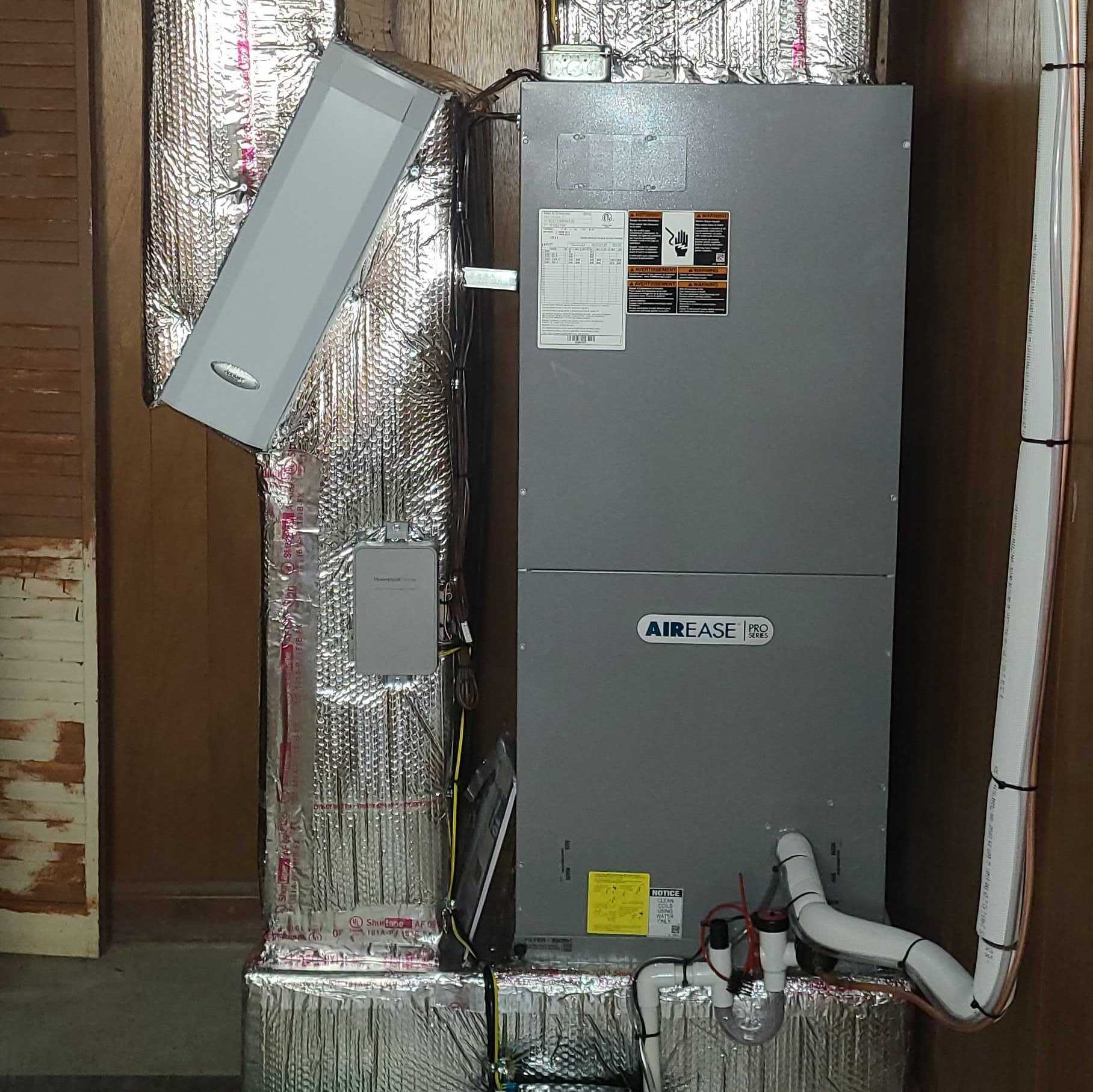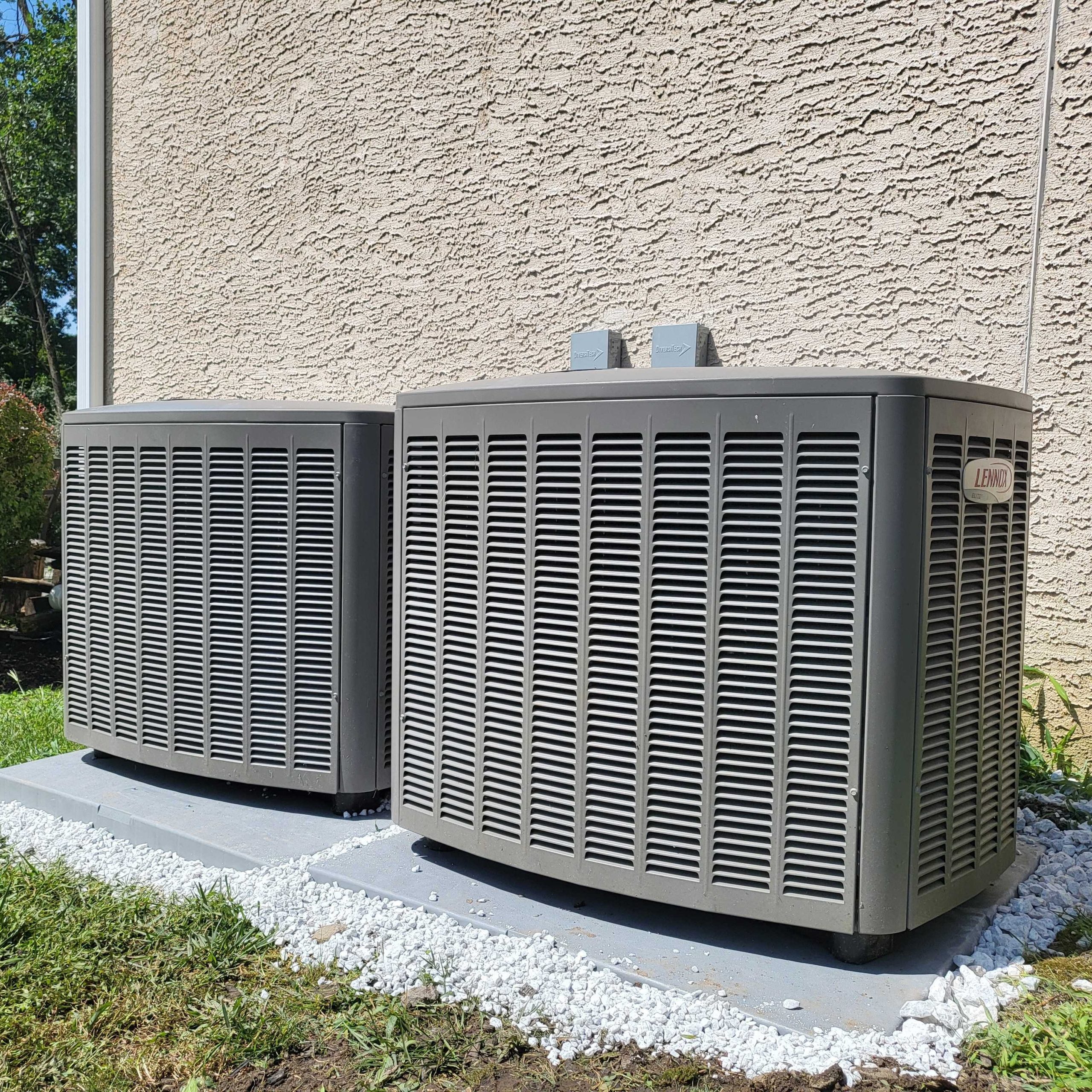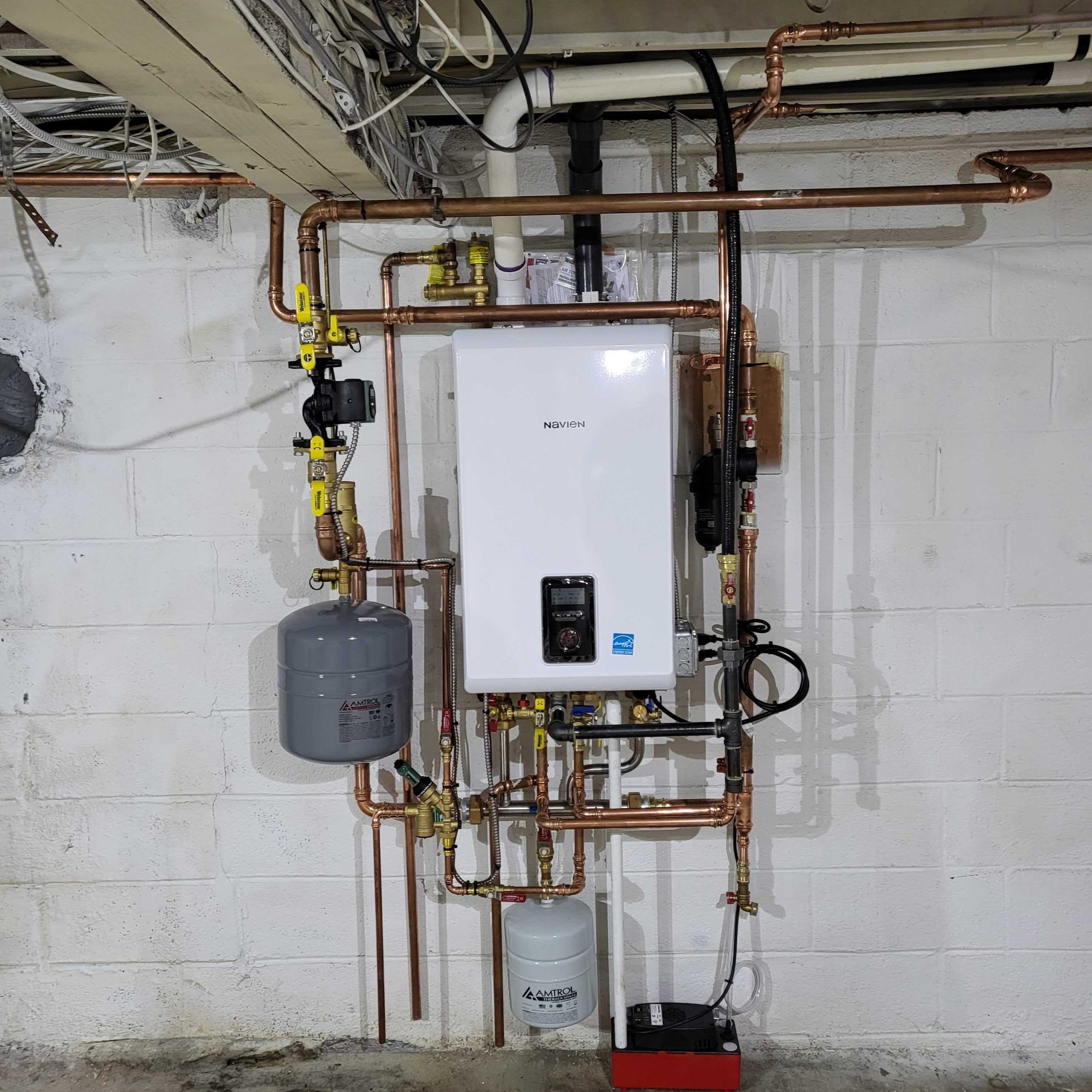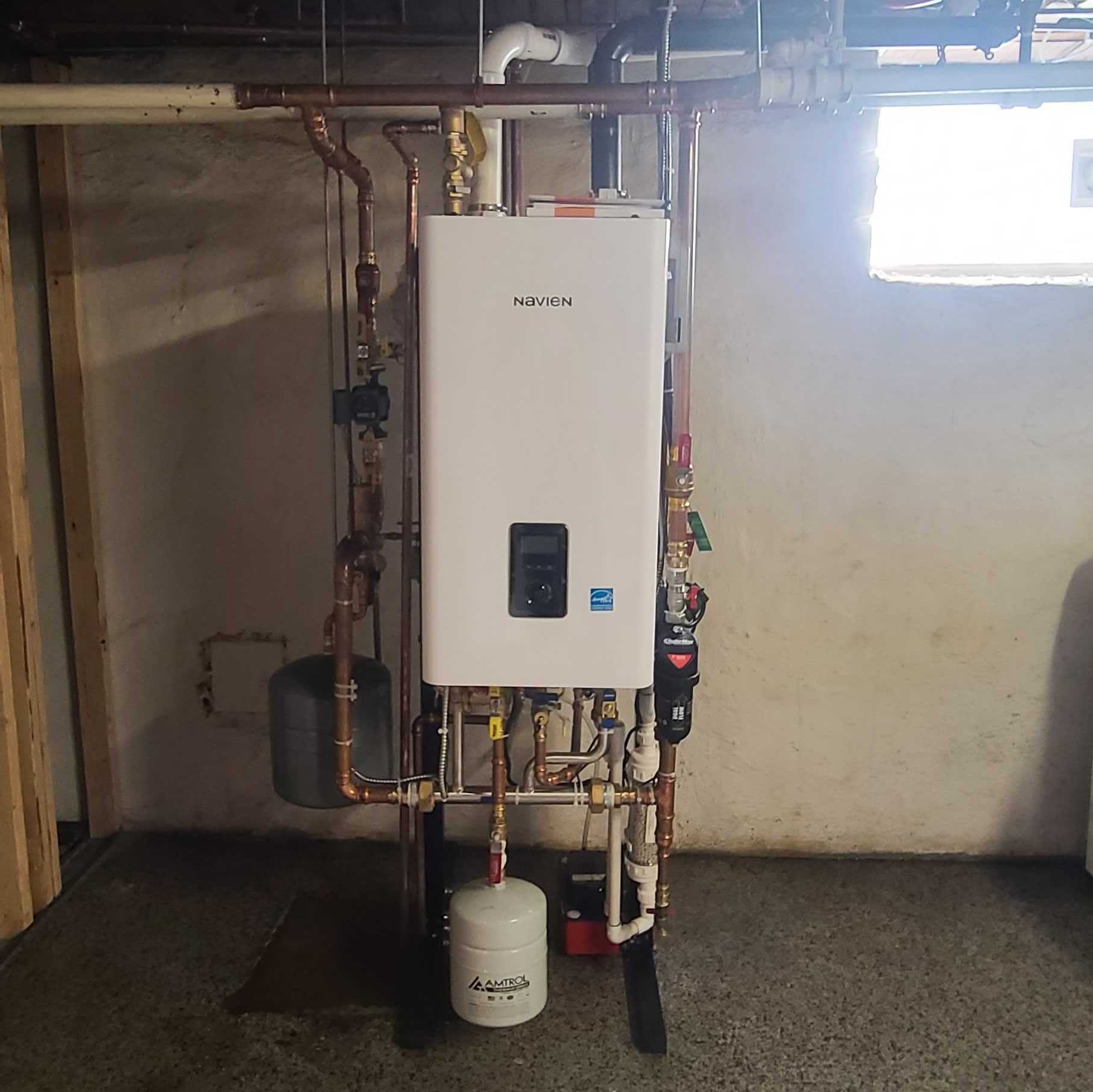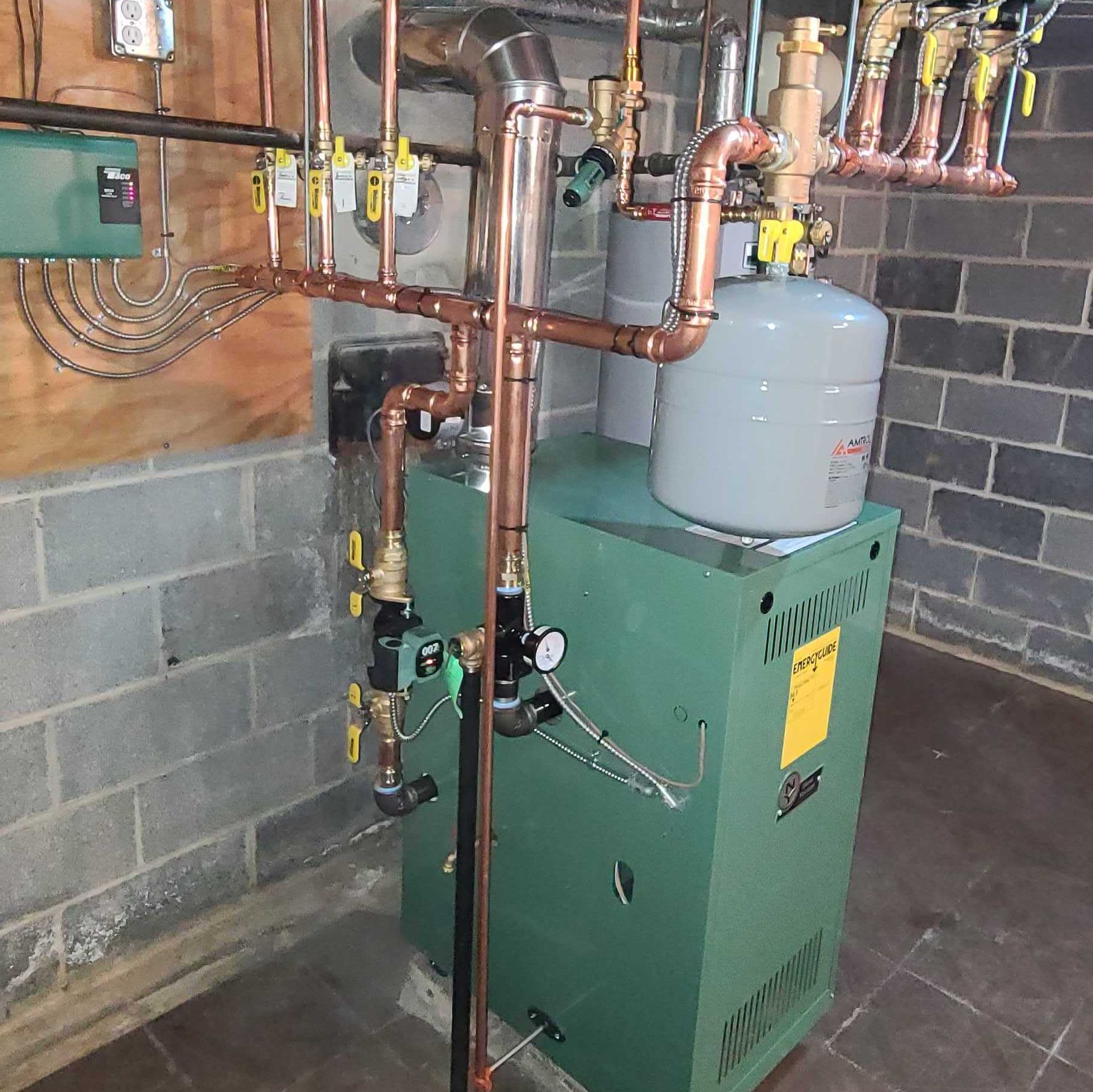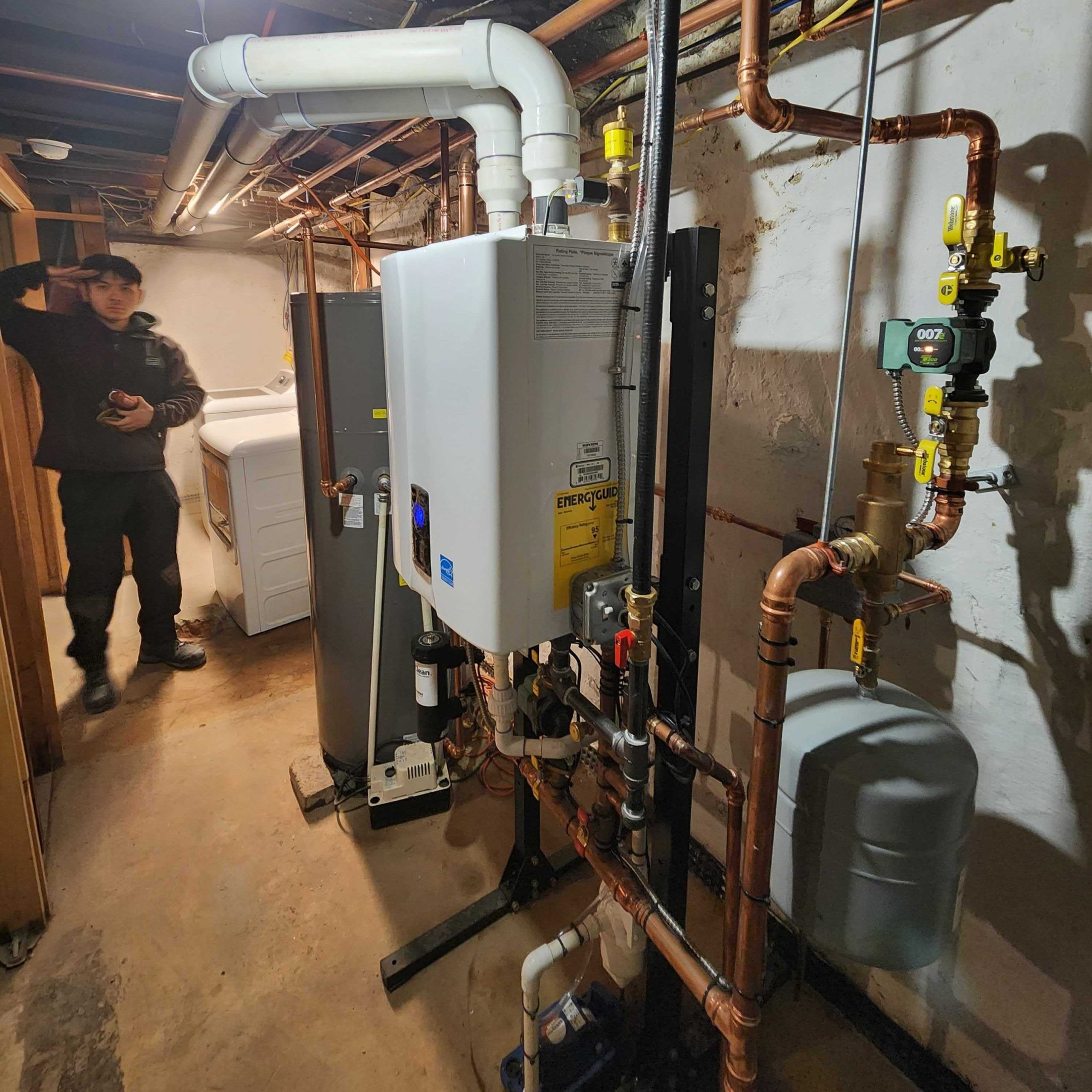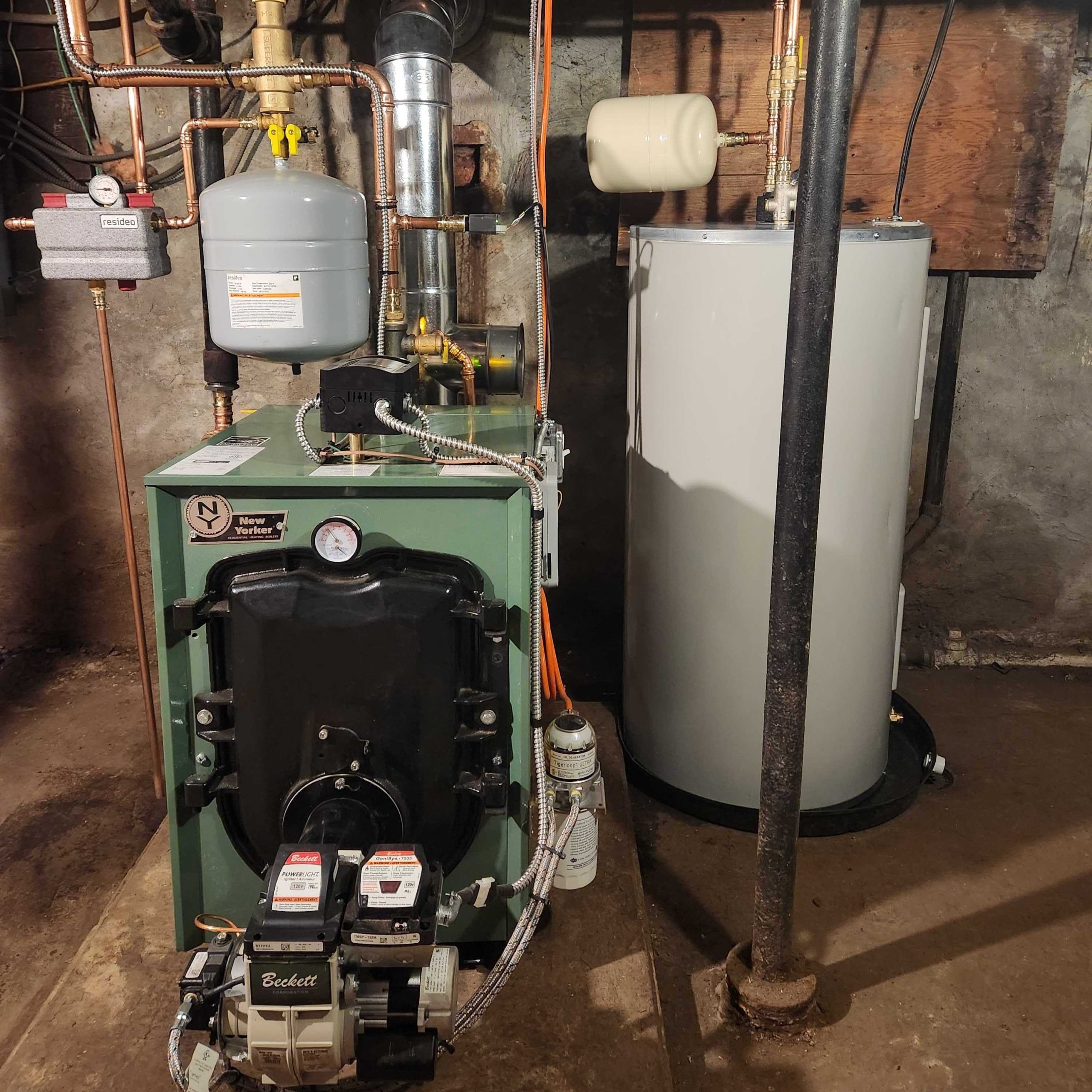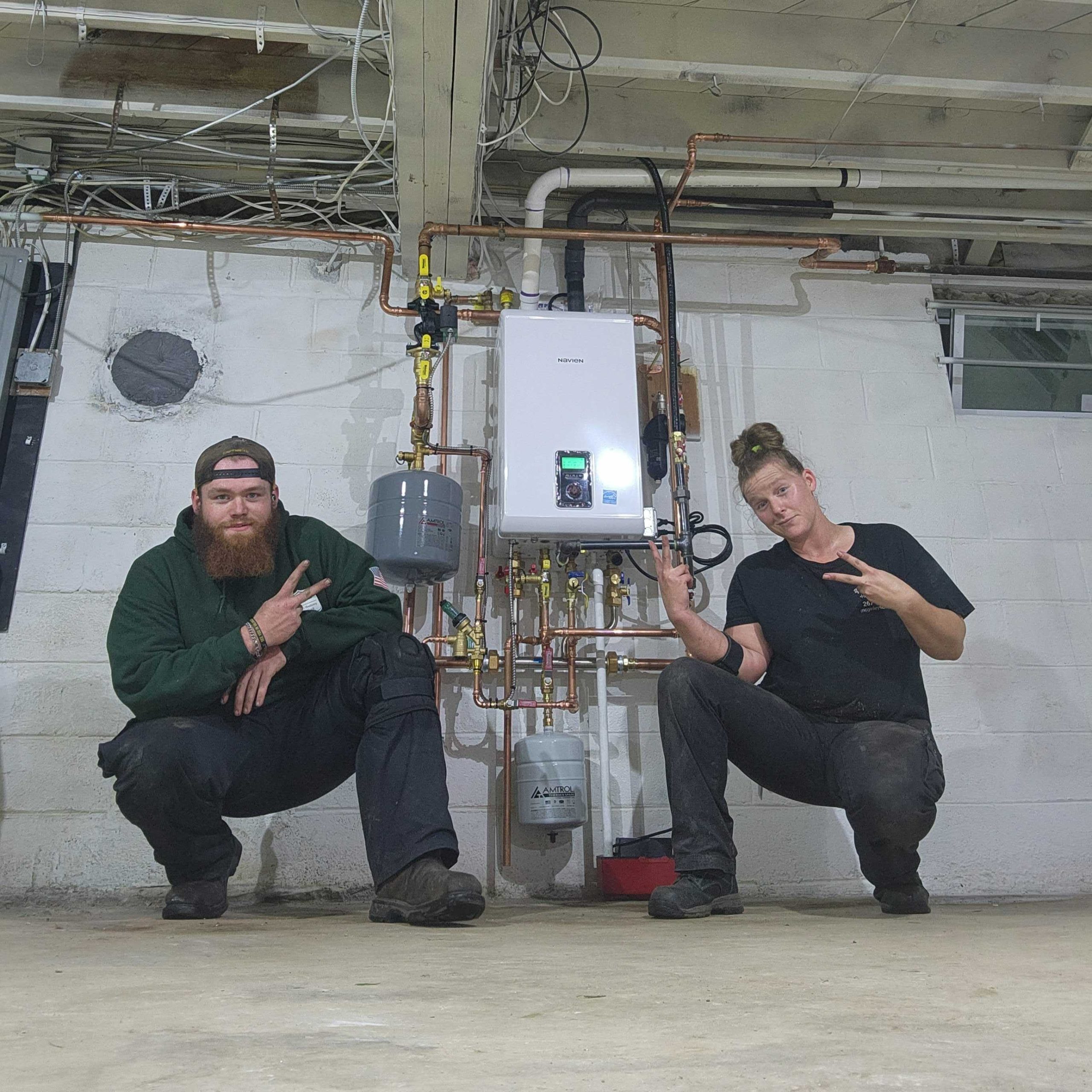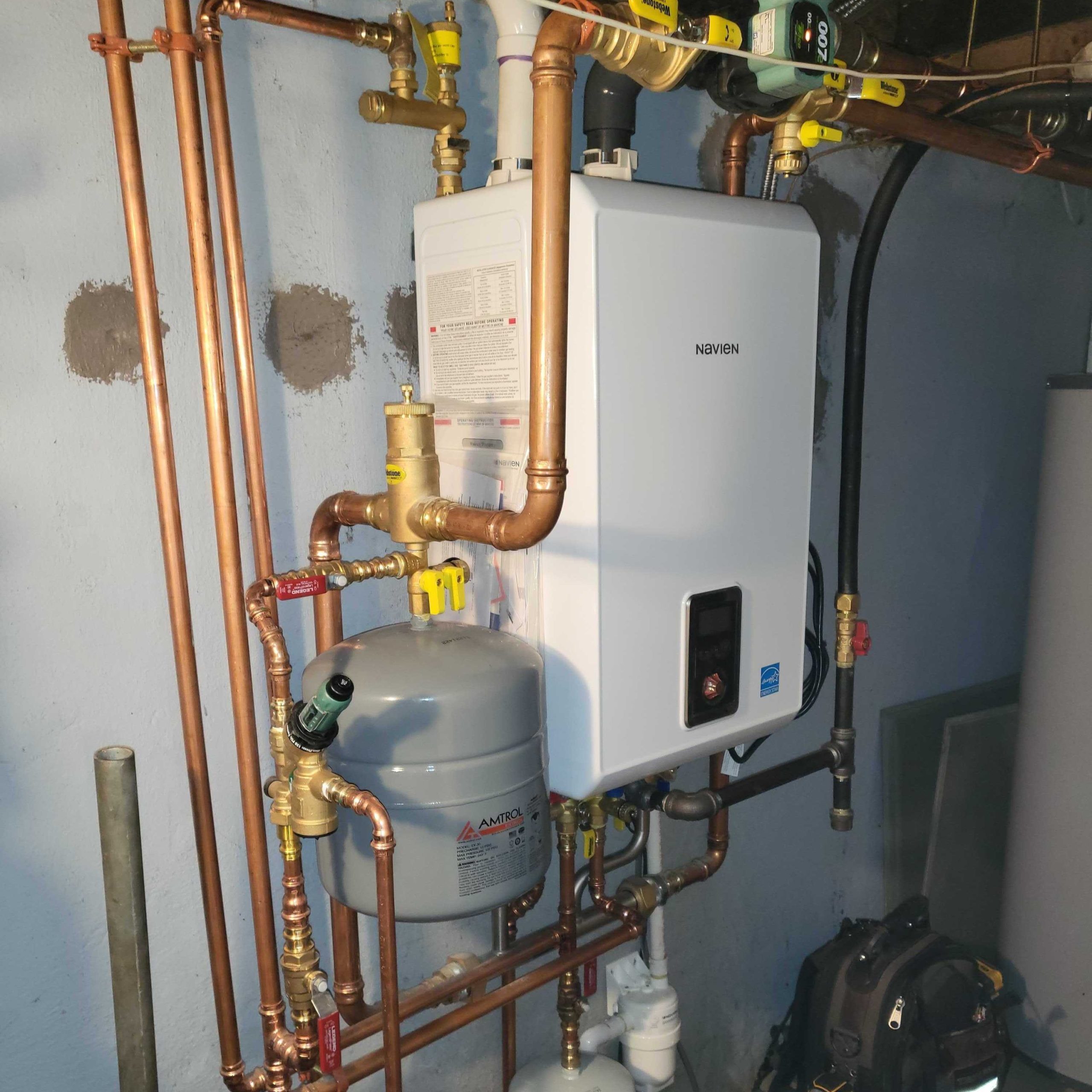When considering whether HVAC maintenance plans are worth the investment, homeowners and property managers often weigh the costs against the potential benefits. An HVAC maintenance plan typically involves a service agreement with a professional HVAC company, like McGinley Services in Prospect Park, PA, to conduct regular check-ups and maintenance on your heating, cooling, and air quality systems. Here’s an analysis of the value these plans offer, broken down into key points:
Immediate and Long-term Benefits
1. Improved System Efficiency: Regular maintenance helps keep your HVAC system running at optimal efficiency. Clean filters, well-lubricated parts, and properly calibrated thermostats ensure that energy consumption is minimized, leading to lower utility bills.
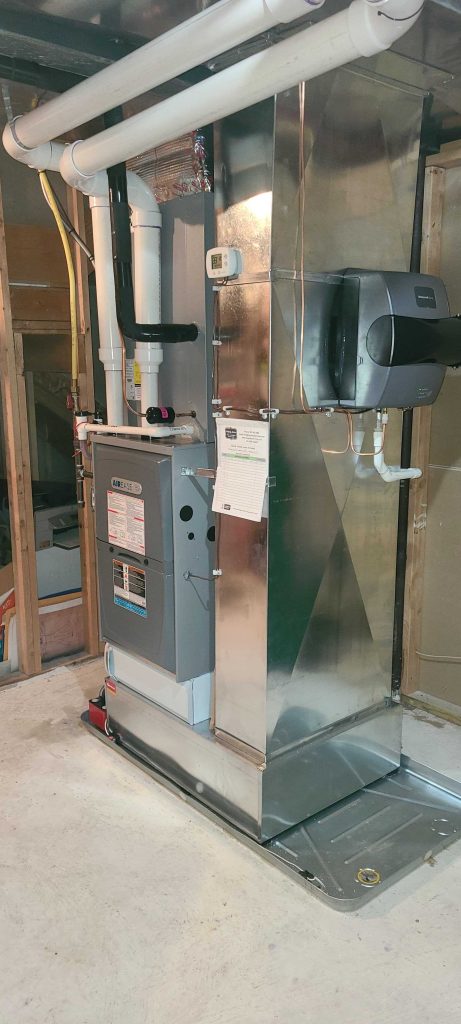
2. Extended Equipment Lifespan: HVAC systems are significant investments, and maintenance plans can extend their lifespan. Routine checks can prevent the wear and tear that leads to premature breakdowns, ensuring your system serves you longer than it might without care.
3. Prevention of Costly Repairs: Many HVAC issues start small and worsen over time. Regular maintenance identifies and addresses these minor issues before they escalate into major, costly repairs or even require system replacement.
4. Improved Air Quality: HVAC maintenance isn’t just about temperature control; it’s also about ensuring the air in your home is clean. Maintenance includes cleaning or replacing filters, checking ductwork, and ensuring ventilation systems are free of dust and mold, which contributes to better indoor air quality.
5. Warranty Compliance: Many HVAC manufacturers require regular maintenance as a condition of their warranties. Neglecting maintenance can void these warranties, leaving you to cover the full cost of any repairs or replacements that would otherwise have been covered.
Cost Considerations
1. Predictable Expenses: Maintenance plans usually come with a fixed cost, making it easier to budget for HVAC care without unexpected expenses. This can be particularly valuable for avoiding the financial shock of sudden, major repairs.
2. Discounts on Services and Parts: Many service agreements offer discounted rates on parts and services beyond what’s covered in the maintenance plan. This can lead to significant savings on any repairs needed throughout the year.
Analyzing the Worth of HVAC Maintenance Plans
Short-term Analysis (First Year): The immediate benefits include ensuring your system is running efficiently and addressing any potential issues before they require costly repairs. The cost of the plan may be offset by savings on utility bills and avoided emergency repair costs.
Mid-term Analysis (1-5 Years): Over a few years, the benefits accumulate, including prolonged equipment lifespan and continued savings on repairs and energy costs. Regular maintenance supports warranty compliance, potentially saving thousands in unanticipated costs.
Long-term Analysis (5+ Years): The true value of a maintenance plan becomes most apparent in the long run. Systems that are well-maintained can outlast those that aren’t by several years, offering more return on your initial investment. The ongoing prevention of major repairs and the continued efficiency of the system can contribute to substantial savings.
Conclusion
HVAC maintenance plans are generally worth the investment, especially when considering the long-term savings and benefits. They offer a practical way to protect your HVAC investment, ensuring it runs efficiently, lasts longer, and provides a comfortable, healthy environment in your home.
Before deciding, it’s wise to consult with a reputable HVAC service provider, like McGinley Services, to discuss the specifics of their maintenance plans. They can offer personalized advice based on your system’s age, brand, and model, as well as your unique needs, to ensure you’re getting the best value from your plan.
